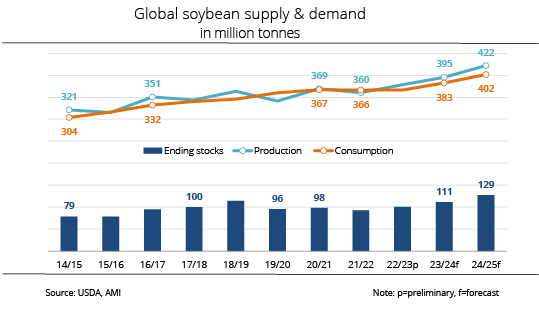
In August, Associated British Foods (ABF) revealed the shutdown of Vivergo, its bioethanol manufacturing facility in Hull, UK, as a result of unproductive negotiations with the UK government concerning viable and sustainable operations. This action leaves the Ensus facility in Teesside, owned by CropEnergies, as the sole significant bioethanol manufacturer in the UK, although it similarly cautions about the possibility of closure without governmental support.
The biofuel industry has encountered obstacles, including Greenergy’s deliberation to shut down its biodiesel plant in Immingham and Argent Energy’s suspension of operations at its Scottish facility. Argent Energy pointed to external factors such as competition from imported biodiesel and renewable diesel from the US, UK tariff exemptions on diesel imports, and supply chain challenges following Brexit.
A notable blow occurred in June when UK Prime Minister Keir Starmer consented to a 1.4 billion-litre tariff-free import limit for US ethanol, matching the UK’s yearly demand, posing a threat to the local bioethanol sector. In spite of alerts from ABF and Ensus, the UK government declined a rescue package, opting to concentrate on wider national priorities.
Ensus is persisting with dialogues with the government to maintain its operations, highlighting the significance of its by-products, such as animal feed and biogenic CO₂ for the food and beverage sector. The positive stance of the government regarding CO₂ supply has yet to culminate in conclusive agreements.
Since its inception in 2008, the UK’s biofuel industry, enhanced by the Renewable Transport Fuel Obligation (RFTO), mandates fuel suppliers to achieve increasing sustainable fuel targets, aiming for 14–17% by 2032. Nonetheless, the RFTO favors the importation of more affordable, low-carbon fuels, chiefly from the US, due to unrestricted tariff arrangements.
This trading framework diminishes costs for imports, posing challenges for UK biofuel manufacturing. However, climate responsibilities under the UN Framework Convention on Climate Change emphasize the necessity for domestic biofuel production to achieve a balance in carbon credits and debits.
The shutdown of biofuel facilities impacts employment and agricultural yield, with industry leaders advocating for more ambitious biofuel requirements. In spite of market challenges and international competition, concentrating on bolstering local production could align with climate objectives and economic advantages.